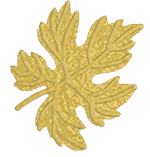
Dr. Konstantin Frank ignited the “Vinifera Revolution” a movement that forever changed the course of wine growing in the Finger Lakes and the United States. Dr. Frank’s vision, knowledge, and determination are credited with elevating the New York wine industry from a state of happy mediocrity to a level that today commands world attention.
Dr. Konstantin Frank earned his Ph.D. in Viticulture from Odessa, Ukraine in 1930 and became a leading expert in his field throughout Eastern Europe. Having survived two World Wars and the Russian Revolution, Dr. Frank immigrated to New York in 1951. At the age of 52 years old with empty pockets and no knowledge of English, he hoped to create a brighter future for his family.
He fell in love with a special property in the Finger Lakes for its exceptional characteristics – poor soils and steep slopes. With decades of knowledge and experience, Dr. Frank successfully planted the first European grape varieties in the Eastern United States in 1958.
In 1962, merely a decade after arriving in America, Dr. Frank founded Vinifera Wine Cellars. The winery quickly earned a reputation for spectacular Rieslings, and its original planting of vines formed the backbone of New York’s world-class wines and champagnes.
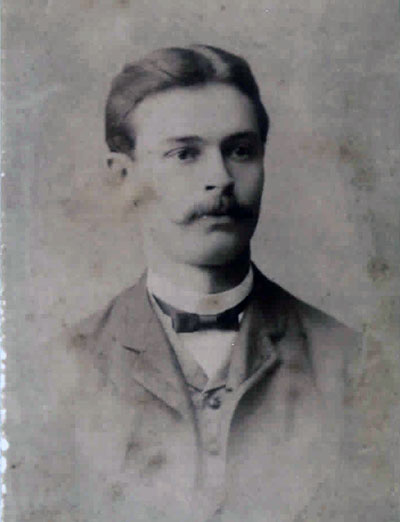
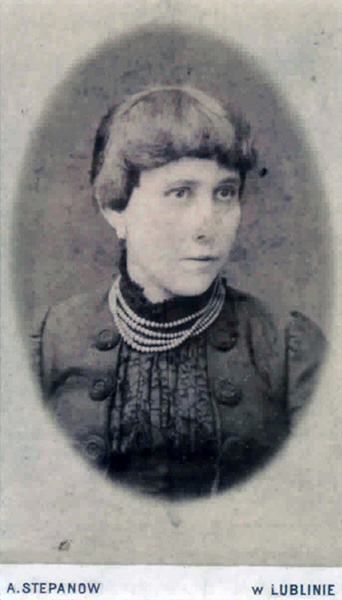
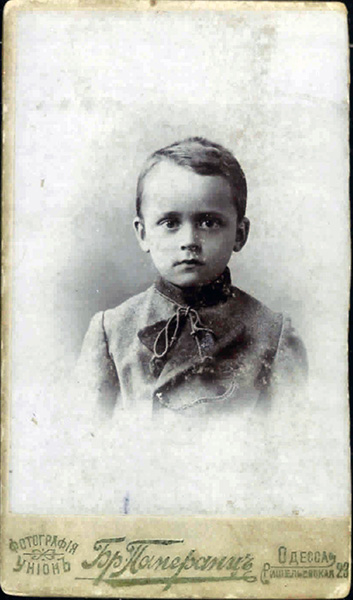
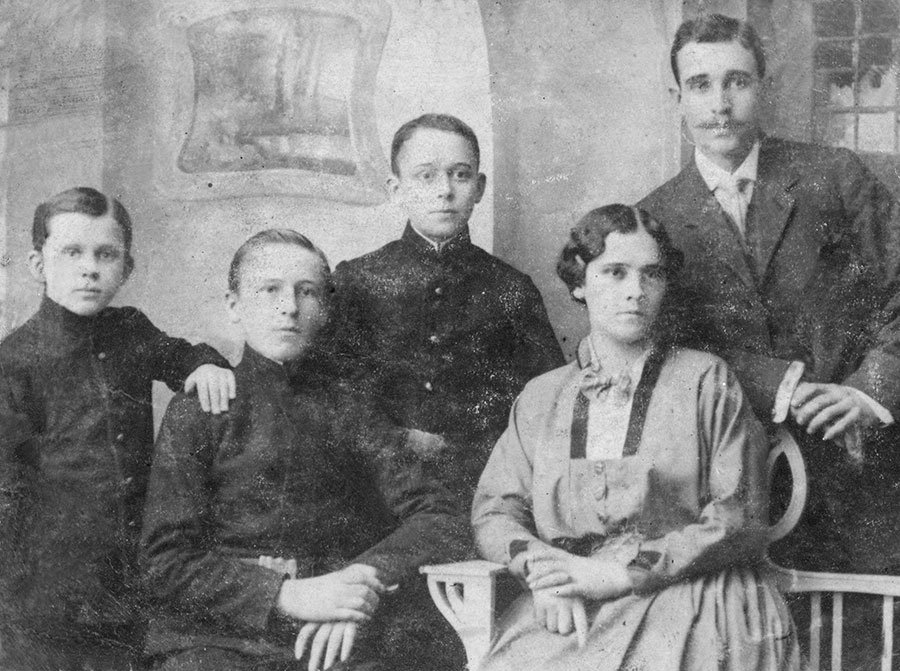
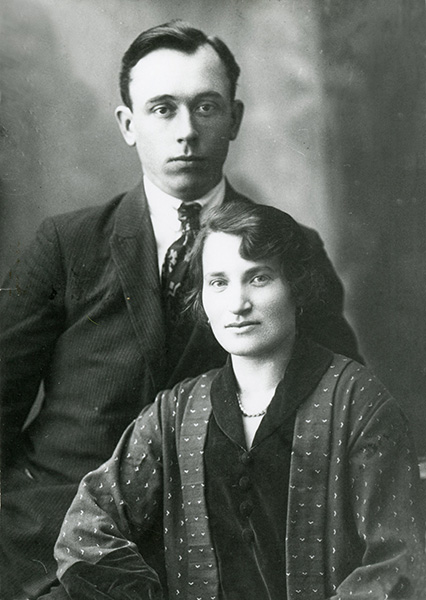
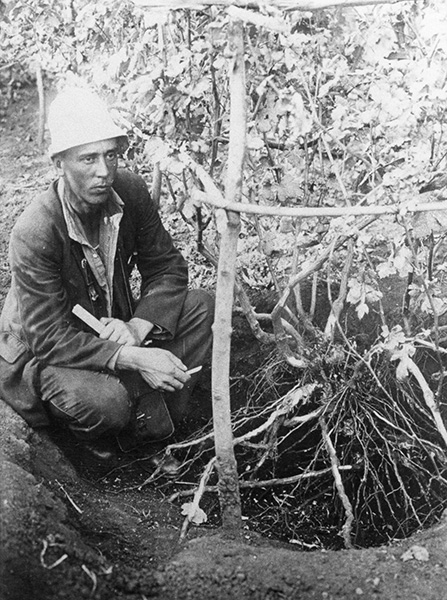
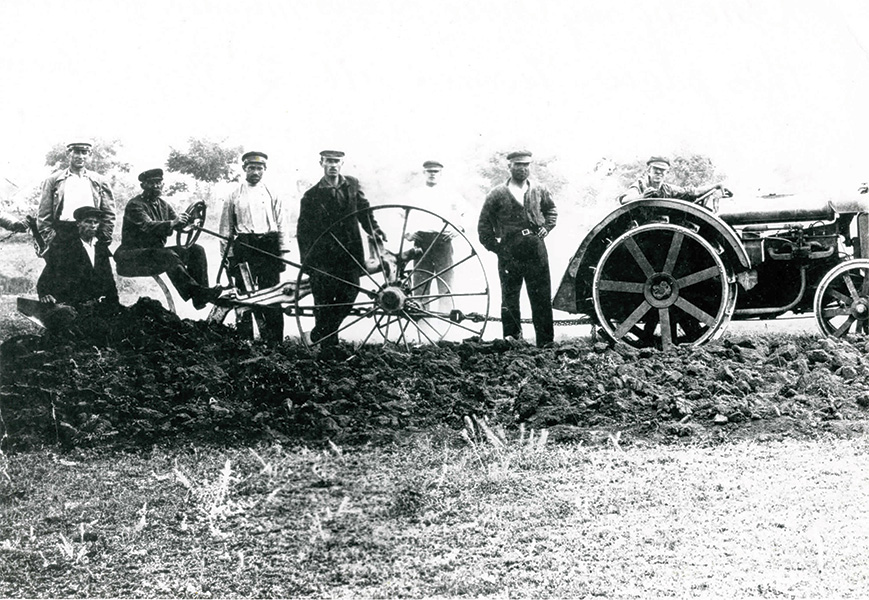
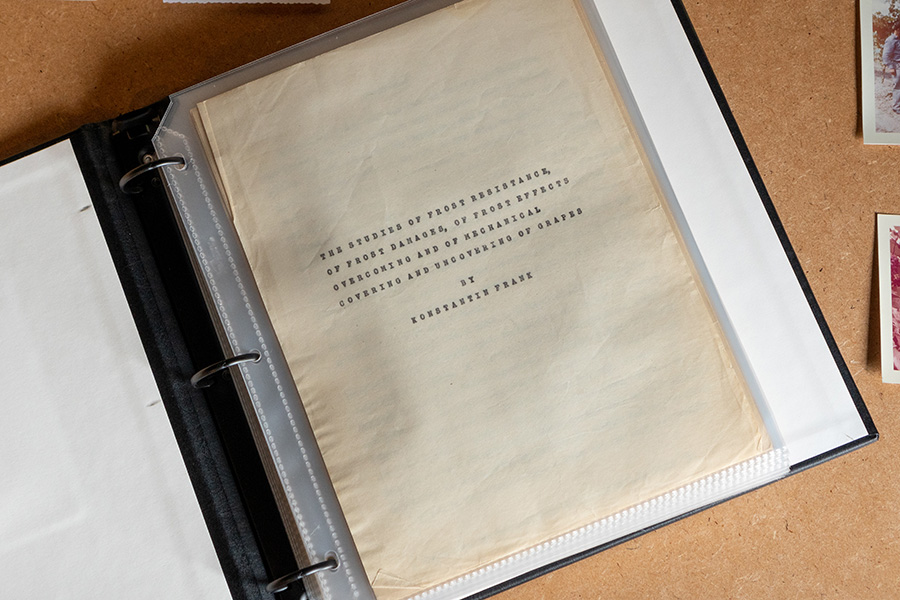
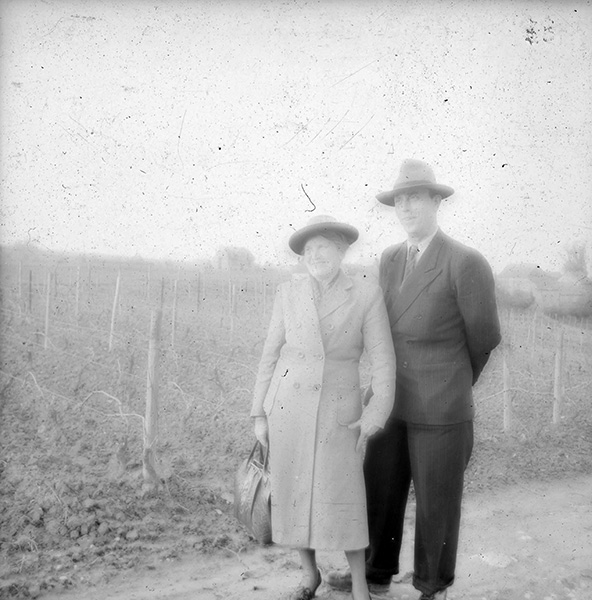
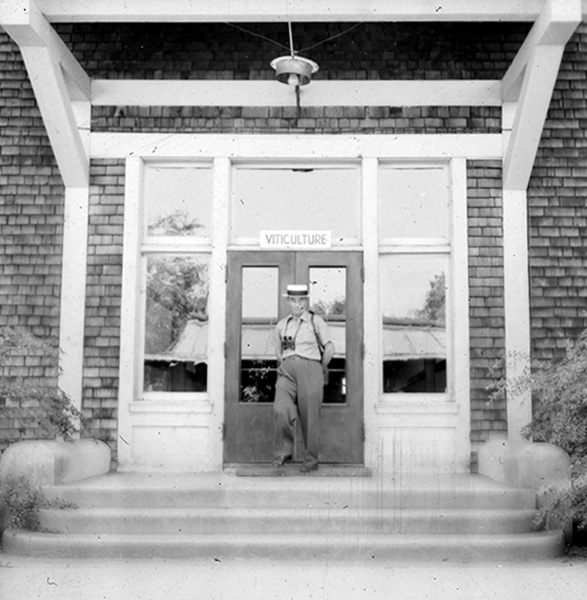
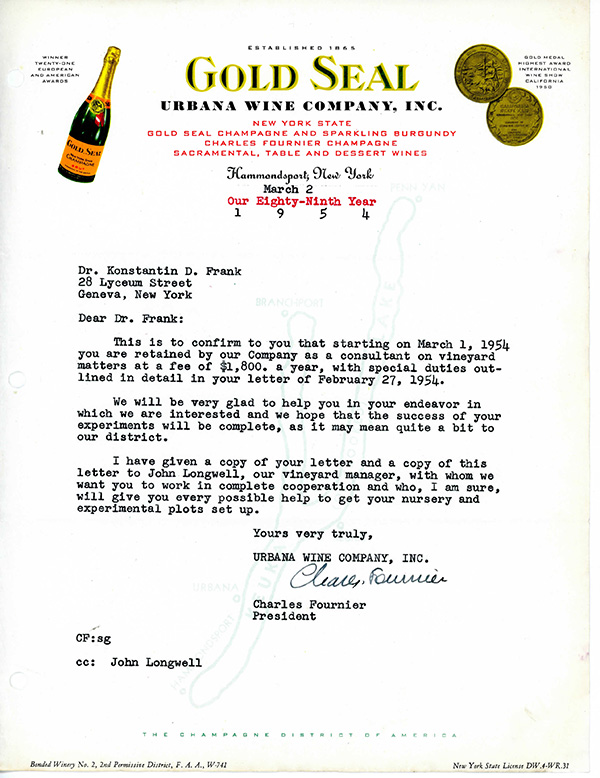
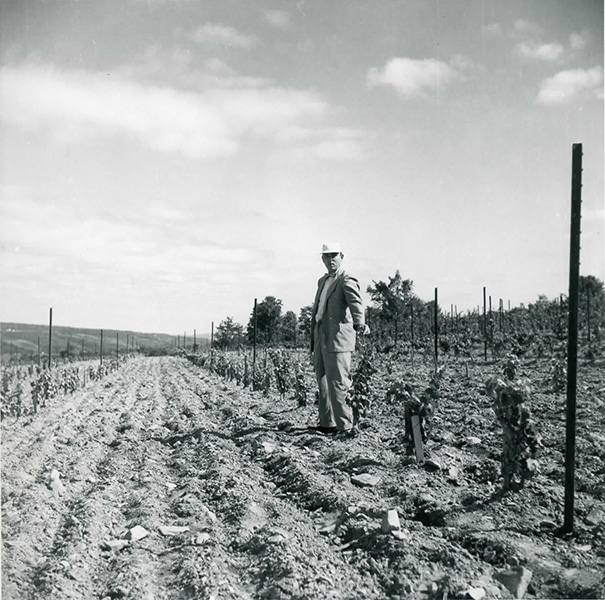
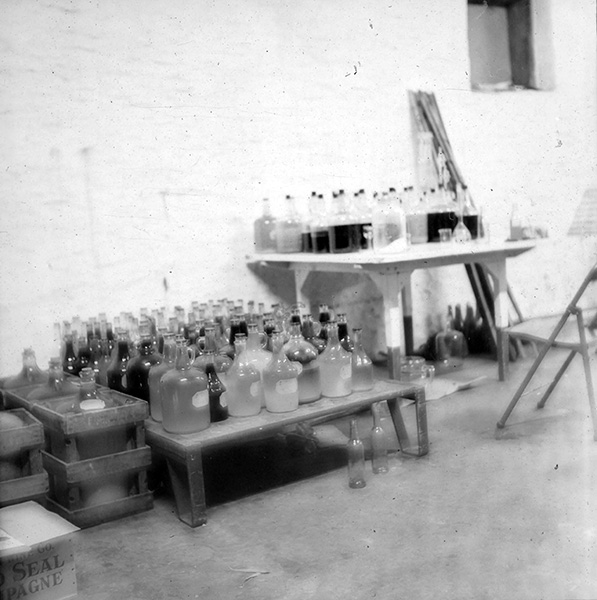
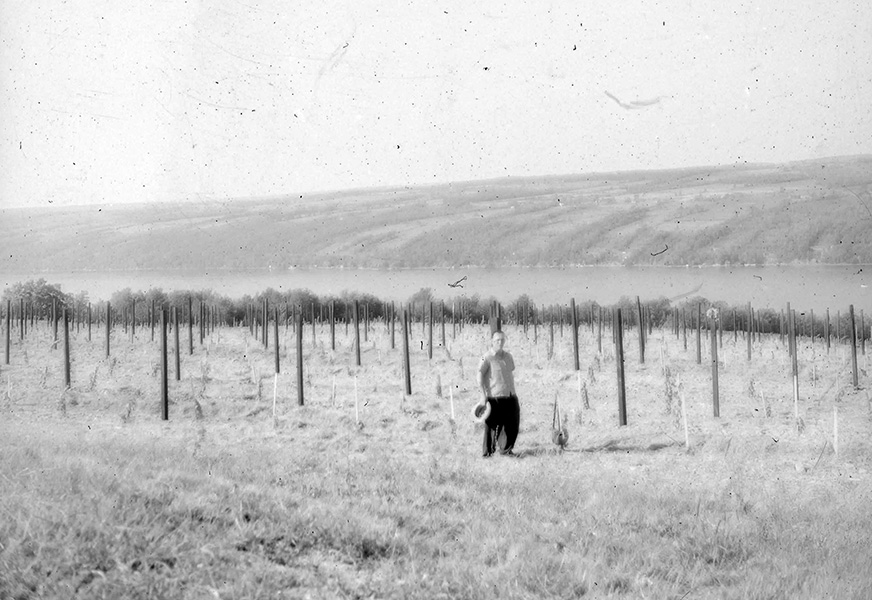
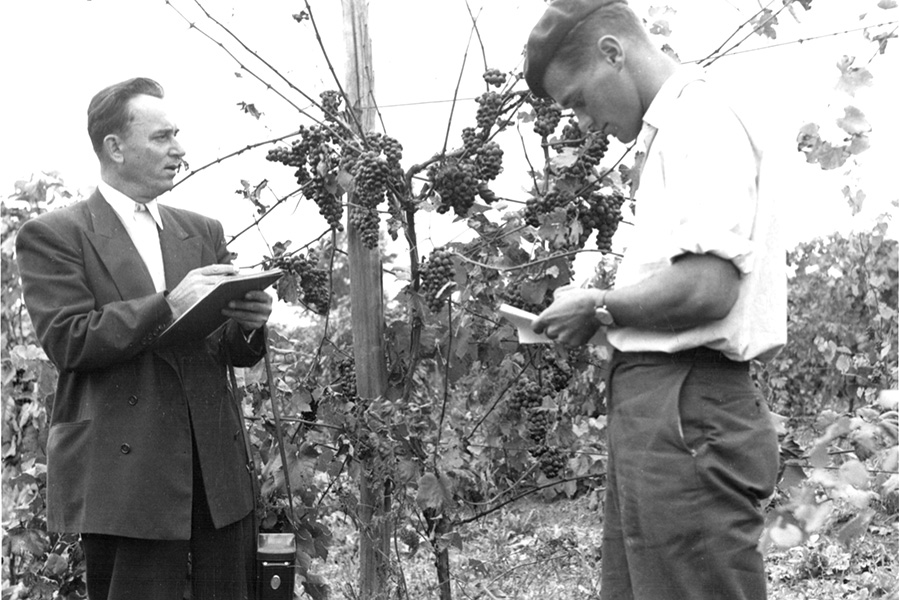
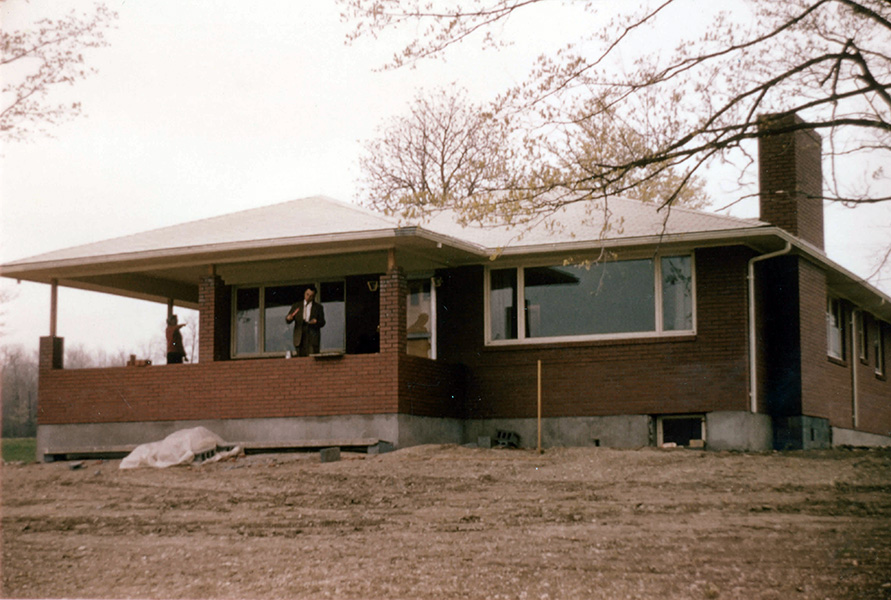
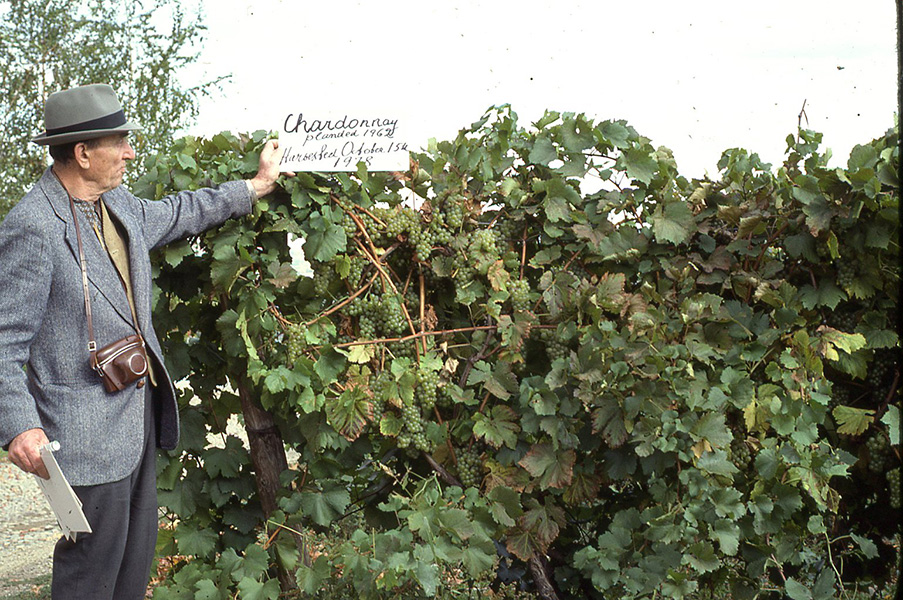
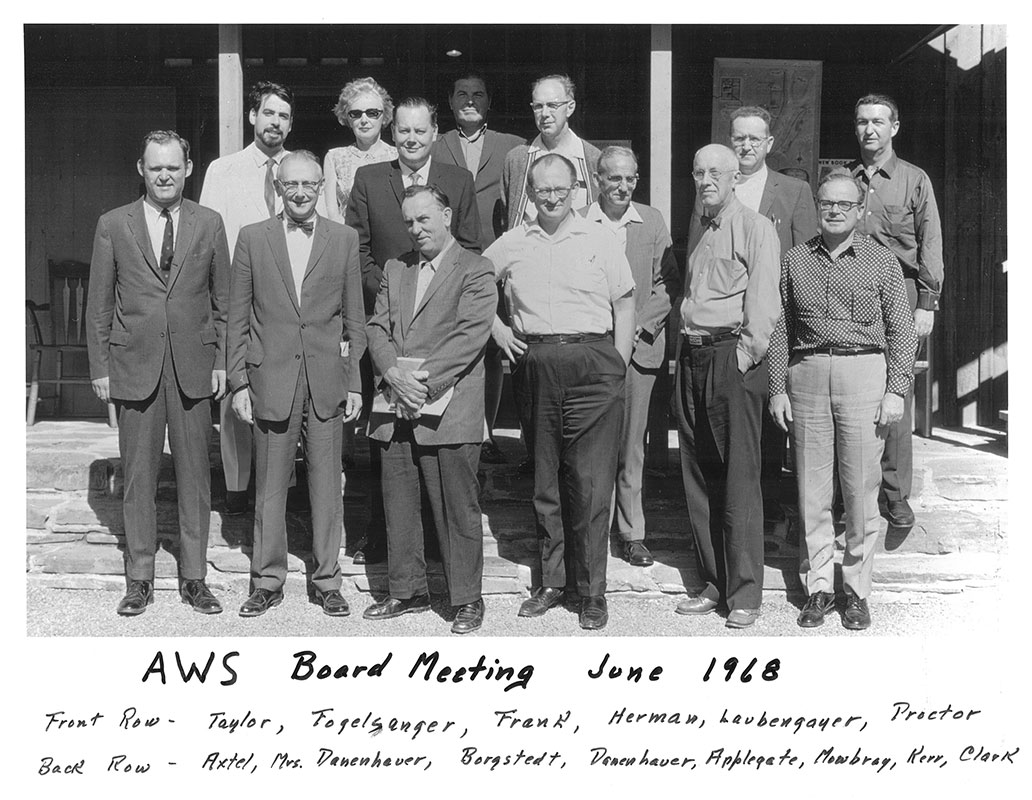
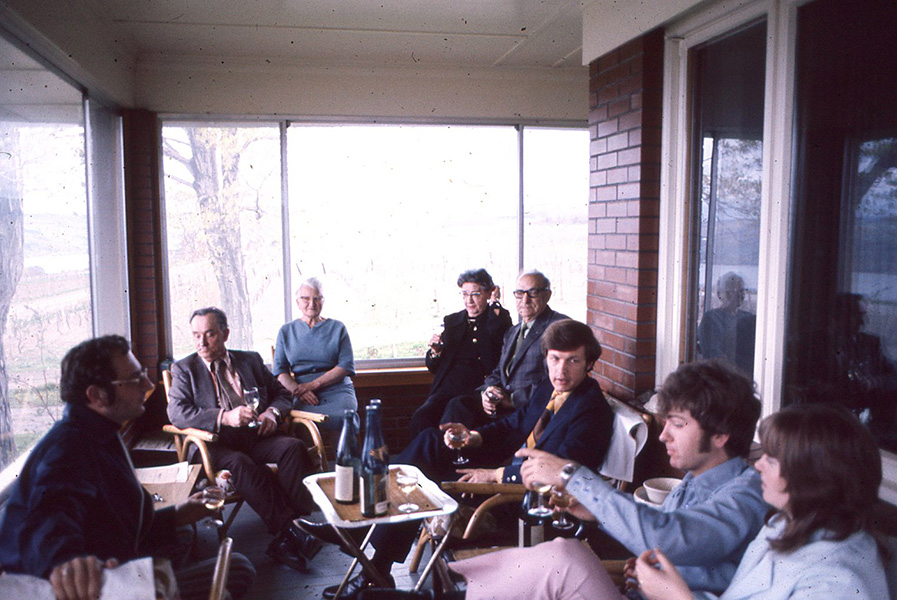
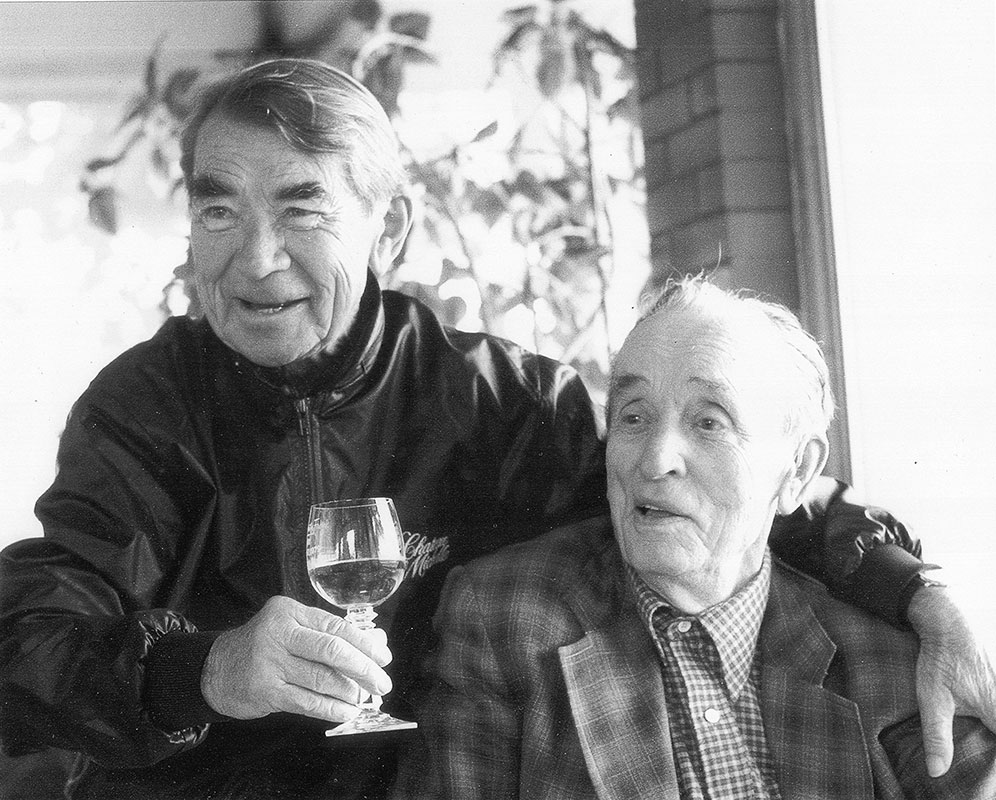
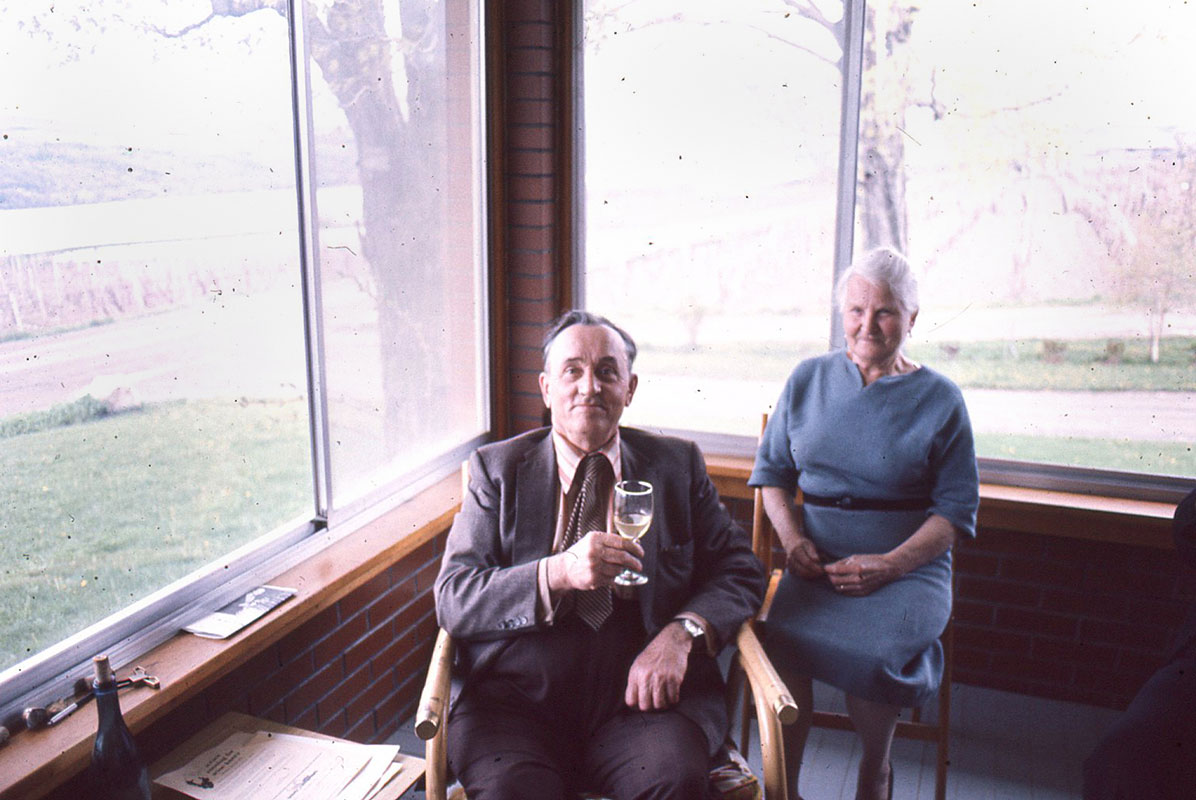

Email list members receive first access to new releases, winery news, and exclusive offers.
Join our email list and stay connected with updates on new releases, special offers, and events.